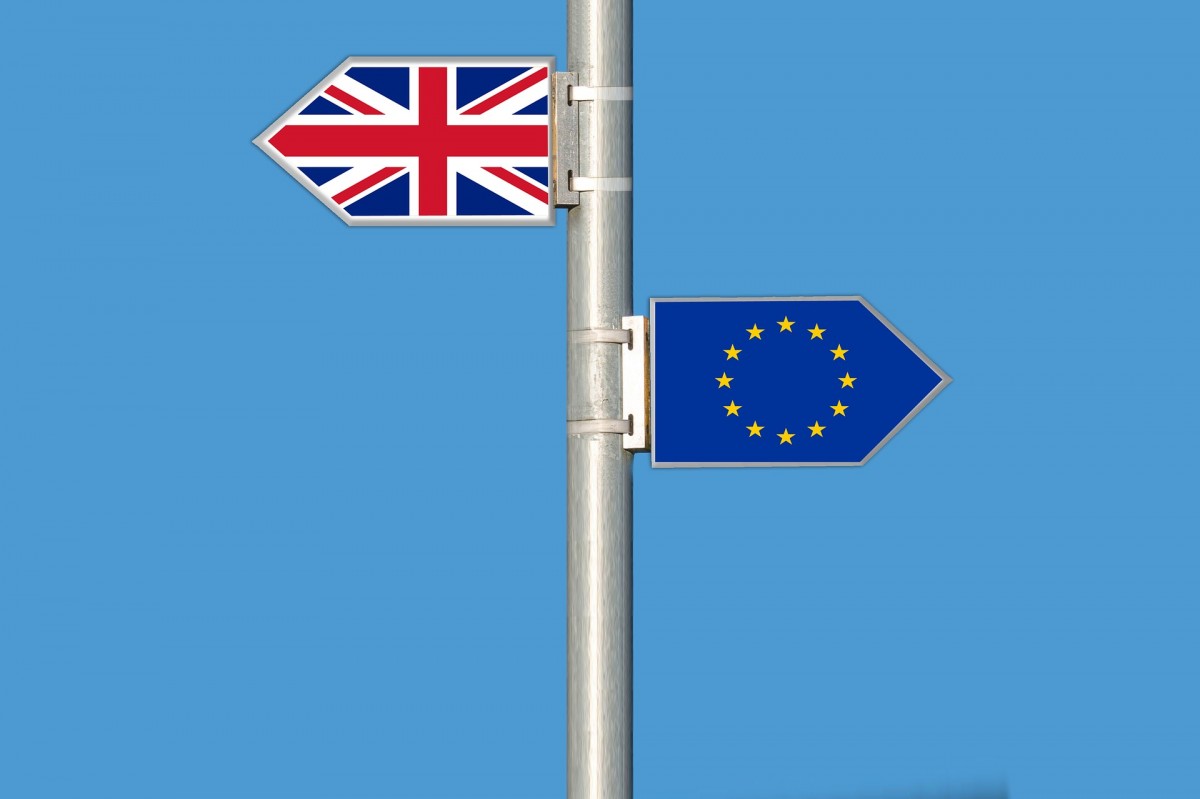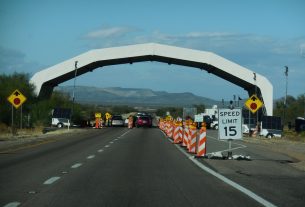Michel Barnier has launched another blistering attack on the UK’s post-Brexit stance, going further than usual in outlining how in his view the British government is seeking to have its cake and eat it.
The EU’s chief negotiator accused the UK of failing to engage constructively in talks on the future relationship, in one of his starkest warnings yet on the lack of progress towards a deal.
Speaking at a virtual event organised by Ireland’s Institute of International and European Affairs (IIEA), Barnier said an agreement had to be struck by the end of October to allow time for ratification.
The post-Brexit transition period expires on December 31, heralding major changes when the UK — which formally left the EU last January — leaves the Single Market and Customs Union. But progress over the summer in talks on trade and future ties has been painfully slow.
UK seeking ‘continuity’ not a ‘clean break’
Barnier accused the British of failing to give guarantees that future competition would be on a “fair footing”, as spelt out in the Political Declaration — the non-binding part of the divorce deal agreed by both sides and which forms the basis for talks on the future relationship.
He also claimed that despite the UK’s desire for independence from the EU, in practice it was seeking the status quo, but without obligations.
“We know well the UK’s argument: you want a clean break from the EU, you want full sovereignty and the freedom to set its own rules and spend its own money as it wants, with no constraints from Europe,” Barnier said.
“And yet the truth is that British negotiators are still seeking continuity in many areas, not a ‘clean break’ at all,” he added.
“The UK government is still looking to keep the benefits of the EU and of the Single Market without the obligations,” he went on, singling out transport, energy trading, standards for goods, and cooperation on police and judicial matters.
Barnier challenged British arguments that it would be in the EU’s interests to grant the UK privileged access to EU markets.
On goods, British proposals on “rules of origin” meant the UK could become an “assembly hub for the EU”, able to “source goods from around the world and export them — with very little alteration — to the EU as British goods, tariff and quota-free”.
UK suggestions on road transport “would allow British truckers to drive on EU roads without having to comply with the same working conditions as EU drivers”. Regarding air transport, British airlines would be able to “operate inside the EU without having to respect the same labour and environmental standards”, the chief negotiator said.
‘Tens of thousands’ of EU jobs at stake
Failure to reach agreement on state aid rules has been one of the sticking points in the talks. The EU had no wish to intervene in domestic British affairs, Barnier said, but had to know details of a future UK system to ensure that the British would not use new-found regulatory autonomy to “distort competition”.
The Frenchman lambasted the UK position on fisheries, saying that without an agreement there could be “no new economic partnership with the UK”. The EU has repeatedly said that a deal on fishing policy must be part of an overall accord.
Barnier said the UK had shunned the EU’s “openness to possible solutions”. But, he argued, the British position “would lock out Ireland’s fishermen and women from waters they fished long before Ireland or the UK joined the European Economic Community in ’73, and of course the fishermen and women of many other EU countries. That is just not acceptable,” he added.
The chief negotiator also alleged the UK was reluctant to reach agreement on future dispute settlement, saying Brussels was simply asking London to translate its commitments into legal text: “nothing more, nothing less”.
And he accused the UK of seeking to diverge in other areas too, such as food standards, where he said the British had failed to give adequate details of its future regulation.
“These are not technocratic details. These are essentials. At stake are tens of thousands of European jobs and livelihoods — Irish jobs and livelihoods — our health, safety and wellbeing, our environment and climate, our fundamental rights,” Barnier concluded.
Deadline looms
Barnier’s comments reflect growing frustration in EU circles that despite the imminent deadlines, talks have progressed at a snail’s pace.
He was speaking after returning from informal talks in London and ahead of the resumption of formal negotiations next week.
The UK continues to seek a loose, “Canada-style” free trade deal with the EU with few obligations, even though this has been consistently ruled out by Brussels which cites the UK’s geographical proximity to the continent.
Following the last round of talks in August, the UK’s chief British negotiator David Frost called on the EU to strike the sort of free trade deal it had concluded with other international partners and to agree “practical arrangements of cooperation” in other areas.
The end of the transition period will bring significant changes regardless of the outcome of the talks. Failure to reach a trade deal would see the UK and EU trade on World Trade Organization (WTO) terms, bringing significant tariff and non-tariff barriers.
euronews.com
pixabay


















